In the welding industry, certifications are essential for validating a welder’s skills, ensuring safety, and meeting industry standards. For anyone considering a career in welding or looking to specialize further, understanding different welding certifications can be key to career advancement. In this article, we’ll explore the significance of welding certifications and discuss some of the most widely recognized types.
What are Welding Certifications?
Welding certifications are credentials that assess and validate a welder’s ability to perform specific types of welding to established industry standards. These certifications are often granted by accredited organizations after the welder has successfully completed a series of exams or tests. They confirm that the welder has the skills, knowledge, and proficiency required to carry out high-quality welds in various applications, from construction and manufacturing to shipbuilding and aerospace.
The importance of welding certifications cannot be overstated—they demonstrate a welder’s commitment to safety, quality, and professionalism. For employers, certified welders bring assurance that work will meet industry standards, reducing the risk of structural failures and improving overall safety.
Different Welding Certifications
There are a variety of welding certifications, each tailored to specific welding methods, materials, and industry needs. Here are some of the most common types:
1. Certified Welder (CW)
The American Welding Society (AWS) offers the Certified Welder (CW) program, which is among the most recognized certifications in the welding industry. The CW certification is practical, focusing on demonstrating skills through hands-on testing rather than requiring classroom-based exams.
Common processes covered include:
- Shielded Metal Arc Welding (SMAW)
- Gas Tungsten Arc Welding (GTAW)
- Gas Metal Arc Welding (GMAW)
- Flux-Cored Arc Welding (FCAW)
Each test under this certification is specific to the type of work the welder will be doing, such as structural welding, sheet metal, or pipe welding.
2. Certified Welding Inspector (CWI)
For welders looking to move into inspection and quality control, the Certified Welding Inspector (CWI) certification, also offered by the AWS, is a highly respected credential. This certification covers the knowledge required to inspect welds for quality, including identifying defects, understanding welding codes, and interpreting drawings.
The CWI certification is challenging, involving both written exams and practical tests. It’s ideal for welders interested in advancing their careers by ensuring high standards of quality and safety in welding projects.
3. Certified Welding Educator (CWE)
The Certified Welding Educator (CWE) certification, also from AWS, is designed for welders who want to teach and mentor others in welding techniques and safety standards. CWEs work in technical schools, colleges, and industrial training programs, preparing the next generation of welders.
Candidates for this certification must demonstrate extensive welding knowledge and may need to have prior certifications such as the CWI. It’s a great option for experienced welders looking to transition into teaching or training roles.
4. Structural Welding Code Certifications (D1.1, D1.5, etc.)
The AWS D1.1 and D1.5 certifications are specific to structural welding codes for steel and bridge welding, respectively. These certifications are important for welders working on infrastructure projects such as bridges, buildings, and other structures.
D1.1 covers the welding of steel structures, focusing on processes like SMAW, GMAW, and FCAW.
D1.5 is specifically tailored for bridge welding, covering materials and methods that ensure long-term structural integrity.
These certifications are essential for welders in the construction industry who work on large-scale, load-bearing projects.
5. Certified Pipe Welder
Pipe welding is a highly specialized skill used in industries like oil and gas, power generation, and chemical processing. Certified Pipe Welder certifications test a welder’s ability to perform high-quality welds on pipes that can withstand high pressure and temperature.
To achieve pipe welding certification, welders must pass rigorous practical exams covering different positions (such as 2G, 5G, and 6G) and materials, including steel and stainless steel. Pipe welding certifications are often administered by organizations such as the American Society of Mechanical Engineers (ASME) under the Boiler and Pressure Vessel Code (BPVC) Section IX.
6. Certified Welding Supervisor (CWS)
The AWS Certified Welding Supervisor (CWS) certification is ideal for welders who want to take on managerial roles. CWSs are responsible for overseeing welding operations, ensuring projects meet quality and safety standards, managing productivity, and minimizing costs.
This certification requires a deep understanding of welding processes, materials, and productivity techniques. It’s an excellent option for welders aiming to progress into leadership positions within their companies or industries.
7. Marine Welding Certifications
Marine welding certifications, offered by organizations like the American Bureau of Shipping (ABS), focus on welding skills specific to the shipbuilding and offshore industries. These certifications assess a welder’s ability to perform safe and high-quality welds in marine environments, which often involve challenging conditions such as saltwater exposure and varying temperatures.
Marine welders often work on projects like ship repair, oil rigs, and offshore platforms, so they must be proficient in processes such as SMAW, FCAW, and submerged arc welding (SAW) on materials suited to withstand marine environments.
8. Aerospace Welding Certifications
Aerospace welding certifications are among the most specialized and rigorous in the welding industry. The AWS offers certifications for aerospace welding, often covering materials like titanium and aluminum that are used in aircraft and spacecraft.
These certifications involve stringent testing and quality standards, as welds in aerospace applications must meet extremely high levels of precision and reliability. Certification in this field can lead to job opportunities with aerospace manufacturers, defense contractors, and aviation companies.
Getting Started with Welding Certifications
Choosing the right welding certification depends on your career goals, preferred industry, and the type of welding you want to specialize in. Many employers value certifications not only for the skills they represent but also for the safety and quality assurance they bring to projects.
For beginners, starting with a basic Certified Welder (CW) certification can provide foundational skills and open up entry-level job opportunities. As welders gain experience, more specialized certifications like pipe welding or structural welding can expand career options and increase earning potential.
Welding certifications are essential stepping stones for advancing in this demanding and rewarding field. Whether you’re interested in hands-on welding, quality control, or even teaching, there’s a certification to match your ambitions. With the right certification, you’ll be equipped to build a successful career, ensuring high standards of safety and quality in every weld.

